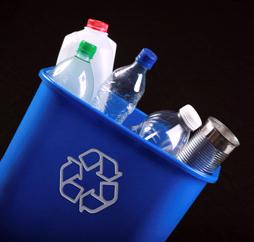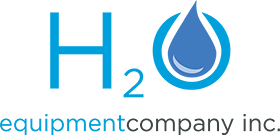 Bisphenol-A
Bisphenol-A
Bisphenol-A (BPA) is a chemical used to make polycarbonate plastics. Polycarbonate plastic is used commonly to make plastic water bottles. However, BPA can also be found in: • soup cans • shower curtains • other household items The concerns for the use of Bisphenol-A [BPA] that have been developing for some time now is that this chemical may be leaching into the liquids it contains . It has been proven to effect human health in many ways. BPA may cause: • early puberty in females • childhood obesity • cancer • heart disease • harmful effects on the fetus, infants and young children. Studies have even shown that BPA exposure during pregnancy can lead to later behavior problems in children such as anxiety, hyperactivity and poor emotional control. How do you know if something is made with BPA? Look for certain plastic containers that have recycle codes on the bottom that are marked with either a 3 or a 7, indicating that the bottle was made with BPA. Generally, plastics marked with the recycle code 4, 5, 1 and 2 are safer. It is also recommended that you avoid plastic all together and use glass or stainless steel containers for your liquids. In recent years the FDA deputy has said “They have some concerns which leads us to recommend reasonable steps the public can take to reduce exposure to BPA”. In Canada, governor Jerry Brown, has recently signed a bill banning BPA use in all baby bottles, sippy cups and child food containers. This bill will take effect in 2013. The main reason BPA has not been banned completely is because it is said that the current data is not clear enough to support legal crack down. The FDA has been conducting a study in an effort to answer key questions about the chemical to see what actions need to be taken to protect public health.
